Complete Ownership Transfer:
The real estate NFT marketplace guarantees full transparency in transferring property ownership, ensuring that ownership is transferred entirely without any fractional splits.
NFT-Driven Real Estate: Bridging the Digital and Physical Worlds
Picture this: acquiring a parcel of land as an NFT and using that digital asset to secure a low-interest loan from decentralized finance (DeFi), bypassing the hassle of traditional lenders and their extensive paperwork. NFTs have become a cornerstone of digital asset ownership, with their growing trend leading to innovative applications like these.
As NFTs represent ownership through smart contracts on decentralized networks, they offer a secure way to manage, trade, or leverage assets for future gains. The more unique or scarce the asset, the higher its value. The merging of NFTs with real estate reflects a groundbreaking shift where digital and physical worlds converge, allowing for unprecedented possibilities in virtual property transactions and investment.
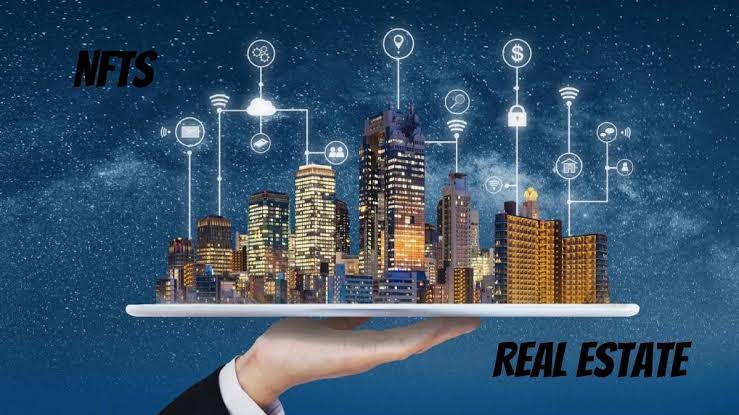
Why Opt for Real Estate Innovation?
Historically, purchasing real estate involved cumbersome paperwork and protracted processes, often leaving buyers entangled in red tape and missing out on lucrative opportunities. This inefficiency is exemplified by high-end properties like those on New York City's "Billionaires Row," where multimillion-dollar apartments often remain unoccupied. The real estate sector is ripe for technological advancement to streamline these processes.
Harness NFTs for Real Estate Innovation
The advent of NFTs in real estate offers a transformative approach, simplifying digital asset investments. By developing a real estate-focused NFT platform, similar to leading industry projects, you can position your business advantageously in a competitive market. Embrace this technological leap to enhance efficiency and attract investors.
-

Decentraland
-

Upland
-

Cryptovoxels
-

Polkacity
-

RealT
-

Atomic Market
How NFTs Are Shaping the Future of Property Investment
The advent of blockchain technology is driving the next wave of digital transformation, making NFTs a pivotal element in this evolution. People are increasingly tokenizing their real estate assets as NFTs due to their inherent interoperability, transparency, and consensus mechanisms. Land NFTs are transcending traditional physical boundaries and are being seamlessly integrated into the virtual realm. Platforms like "Decentraland" exemplify this shift, allowing users to acquire virtual plots as NFTs for various uses—be it virtual offices, shops, schools, universities, or even malls for promotional events. The potential of NFTs to create virtual environments, from pandemic-free worlds to remote educational institutions, showcases their transformative impact on real-world experiences.
Metaverse Property: The Next Big Thing in Real Estate
As the concept of the metaverse gains momentum, the market for virtual land within metaverse platforms is experiencing unprecedented growth. Notably, substantial transactions such as the $4.3 million purchase of virtual land in Decentraland and the $50,000 acquisition of a plot adjacent to Snoop Dogg’s property in The Sandbox highlight the soaring value of these digital assets. With tech giants like Meta (formerly Facebook Inc.) pushing towards a fully realized metaverse, virtual real estate is poised to become a highly sought-after commodity. This evolution may even lead to the creation of virtual counterparts for real-world properties, where ownership and transactions could be managed via smart contracts, streamlining the process and reducing paperwork.
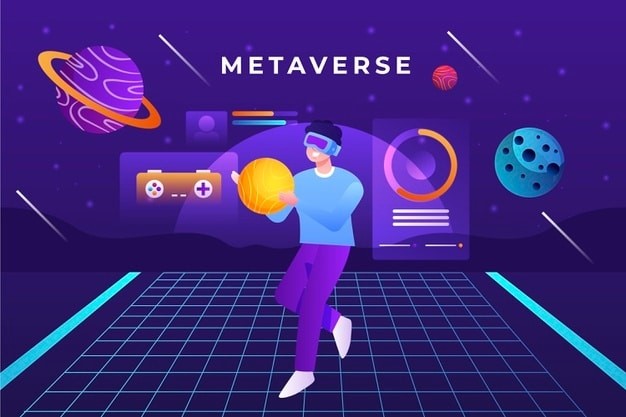
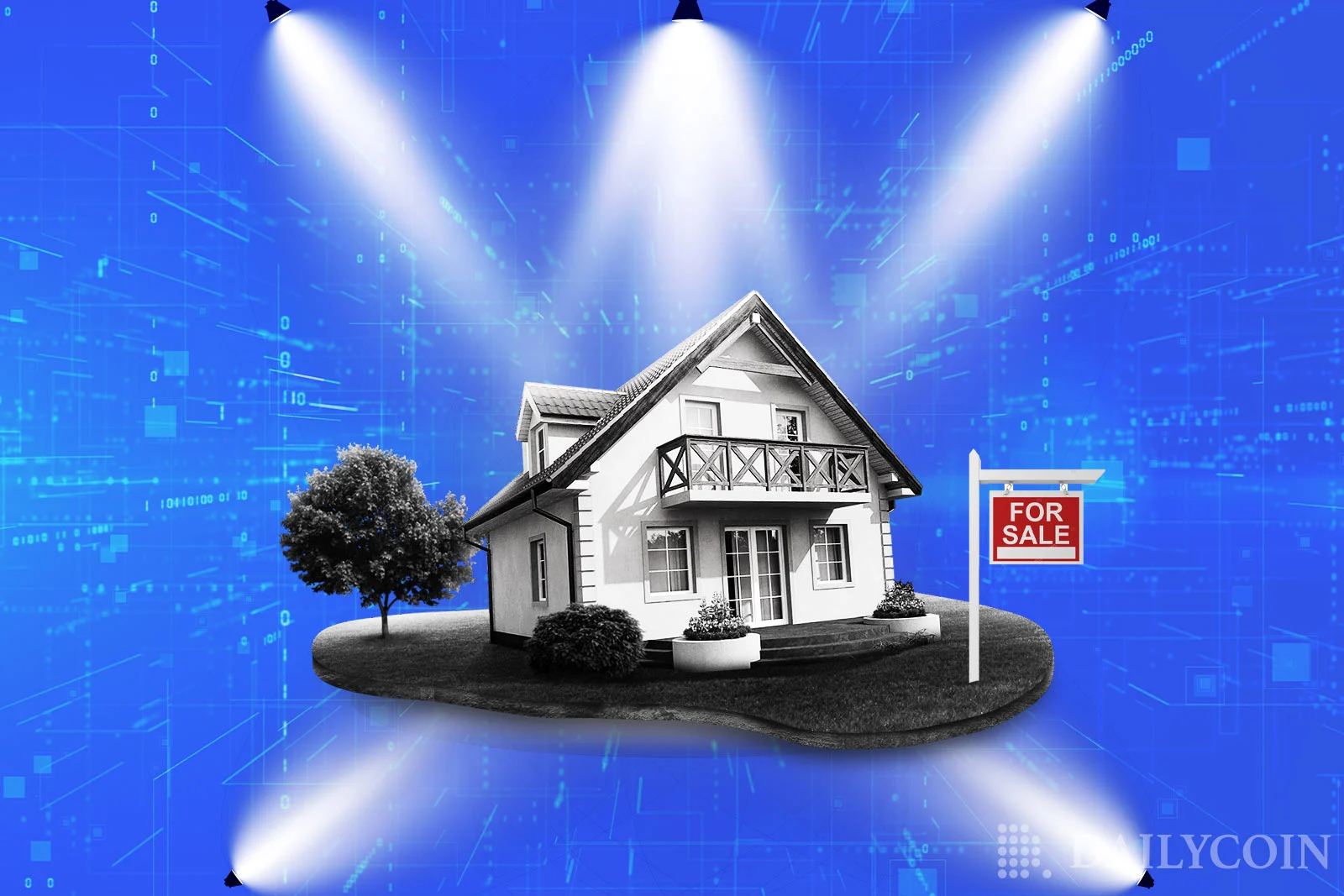
Decentralized Real Estate: Redefining Transactions with NFTs
Decentralization lies at the heart of blockchain technology, and it extends seamlessly into the realm of NFT real estate. By leveraging a decentralized NFT real estate platform, users can engage in peer-to-peer (P2P) transactions without intermediaries. This system eliminates the cumbersome and slow paperwork traditionally associated with real estate deals, thanks to the use of smart contracts. Consequently, this approach not only accelerates the buying and selling process but also reduces costs, making real estate investments more accessible and efficient.
Understanding How Real Estate NFTs Operate
Minting the NFT: The minting phase creates an NFT that encapsulates all legal data related to the property, including documentation, disclosures, reports, and multimedia such as images or videos.
Listing the NFT: Once minted, the NFT is listed on a real estate-focused NFT marketplace, making it available for potential buyers.
Trading and Transactions: The property can then be acquired through various methods such as auctions, direct purchases, or loans, depending on the listing terms.
Finalizing the Deal: Upon selecting a buyer, a smart contract is executed digitally, ensuring that the agreed cryptocurrency payment is transferred from the buyer's wallet to the seller's wallet once the NFT ownership is fully transferred.
Perks of NFT Integration in Real Estate Transactions
-

-
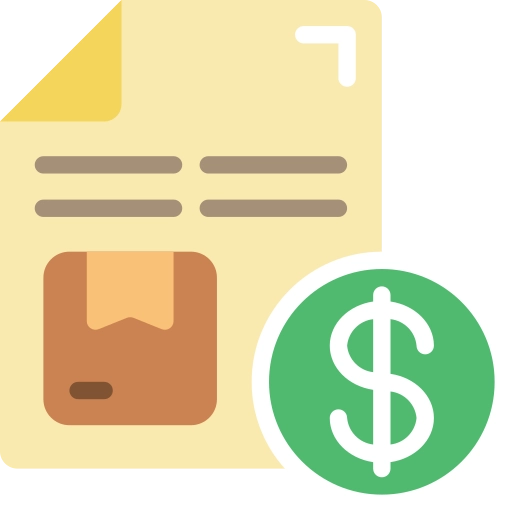
No Physical Handling Required:
Unlike art or music NFTs, real estate NFTs don't involve any physical interaction with the property; the process focuses exclusively on managing paperwork. -
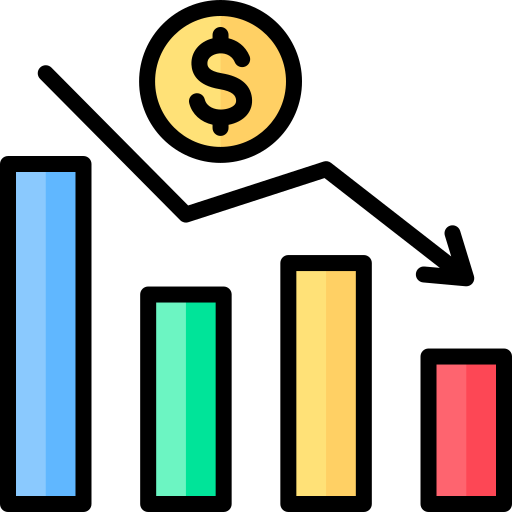
Cost Efficiency:
Traditional hurdles like rising costs, realtor fees, and other fractional expenses are addressed through NFTs, which help reduce these overhead costs and offer more competitive pricing. -

Simplified Documentation:
Although NFTs don’t eliminate the need for essential paperwork, such as tax forms and deeds, they do streamline certain aspects of the transaction process, making it more efficient.
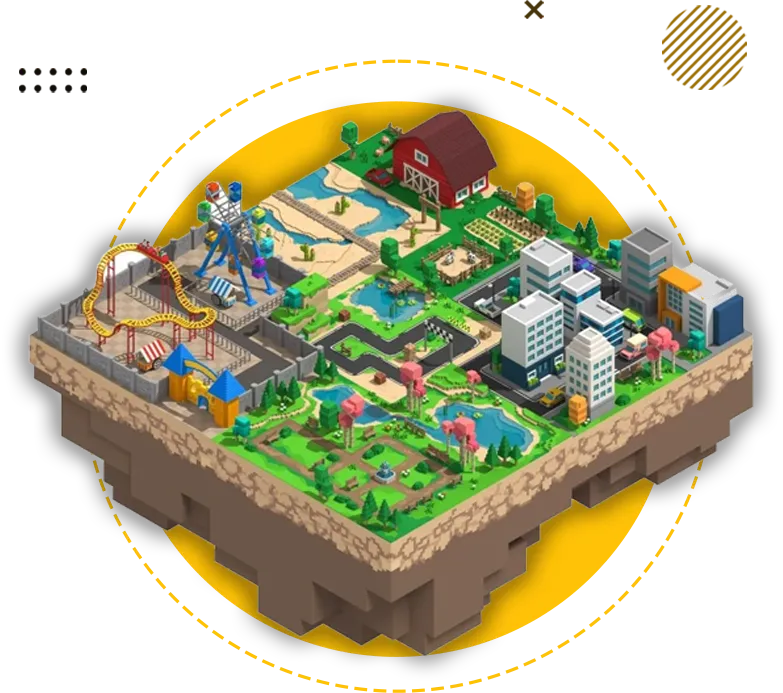
Developing Your Own NFT Real Estate Marketplace: A Step-by-Step Guide

- Identify Requirements: Start by assessing both your needs and those of potential investors concerning the NFT real estate marketplace. Essential features might include smart listings and auction capabilities.
- Conduct Market Research: Explore the market landscape in your targeted region. Utilize competitor analysis, public data, and other resources to gain insights and inform your strategy.
- Refine Your Plan: Review your initial concept to address any gaps or issues. Finalize the plan on paper to ensure a solid foundation before proceeding to development.
- Front-End Development: Focus on creating an intuitive and engaging user interface. This phase involves designing the visual and interactive aspects of your marketplace to ensure a smooth user experience.
- Back-End Development: Develop the core infrastructure for security and functionality. Integrate your marketplace with a blockchain network to ensure its robustness and reliability.
- Testing Phase: Rigorously test the platform to identify and fix any errors. This step is crucial for ensuring the platform operates smoothly and efficiently.
- Deployment and Launch: Once testing is complete, deploy your NFT real estate marketplace on your server and make it publicly accessible. Implement a plan for ongoing updates and maintenance to keep the platform current and functional.
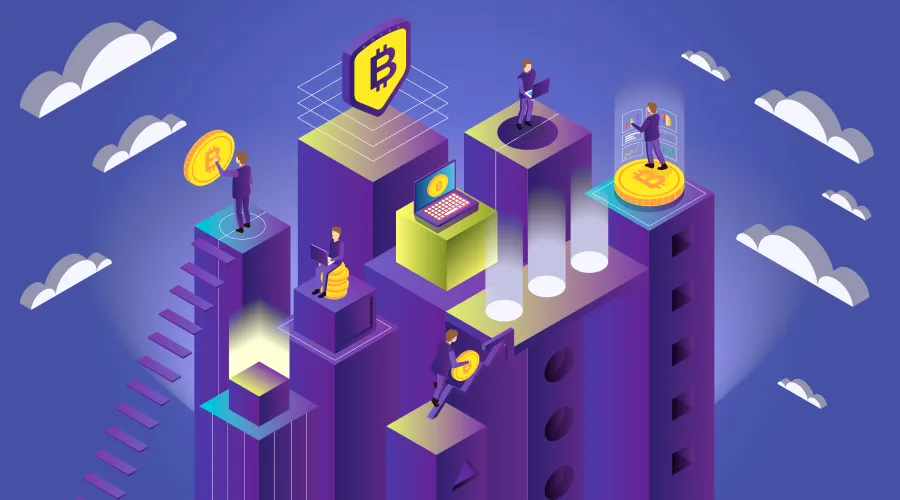

Key Advantages of NFT-Driven Property Platforms
-
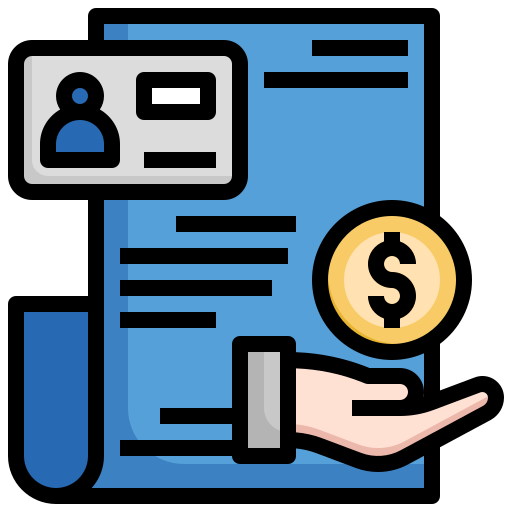
Collateral Potential:
The inherent stability of real estate makes it an ideal asset for use as collateral on blockchain platforms, enhancing its attractiveness for third parties. -

Flexible Contracts: Smart contracts can be tailored to facilitate various transactions, including sales, loans, short-term leases, and long-term leases, mirroring real-world agreements.
-

Virtual Asset Ownership: Users can acquire virtual land as an asset with tangible value, bridging the gap between digital and physical real estate.
-

Enhanced Security: The blockchain's inherent transparency and security reduce the risk of fraudulent claims, ensuring that virtual land transactions are legitimate and reliable.
Cutting-Edge Solutions for NFT Marketplace Development
Our team offers state-of-the-art technology and unparalleled expertise, supported by global research centers to ensure the best user experience for your project.
NFT Marketplace Creation
We assist in tokenizing your collectibles, developing a user-friendly interface, and integrating essential features such as mobile dashboards to meet your specific needs.
Customizable NFT Marketplace Deployment
We deliver a comprehensive, ready-to-deploy marketplace framework that can be customized to suit your particular requirements.
NFT Token Development
Our marketing and research experts provide valuable insights into current market trends, guiding the development of your token or coin to align with global standards.
NFT Minting Platform Design
Our team creates robust, adaptable smart contracts to ensure transparent ownership and data integrity across multiple blockchains.
